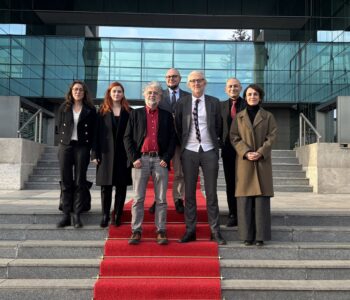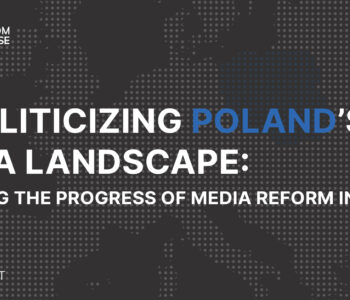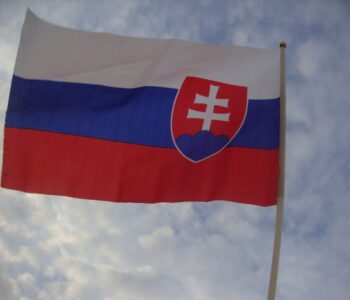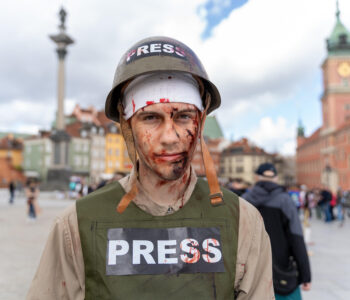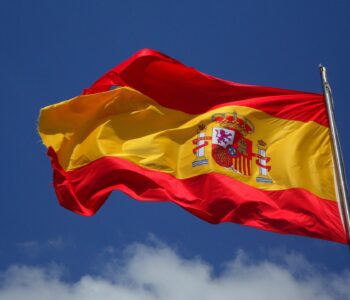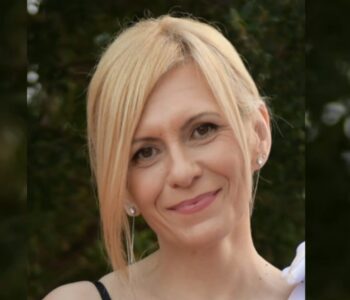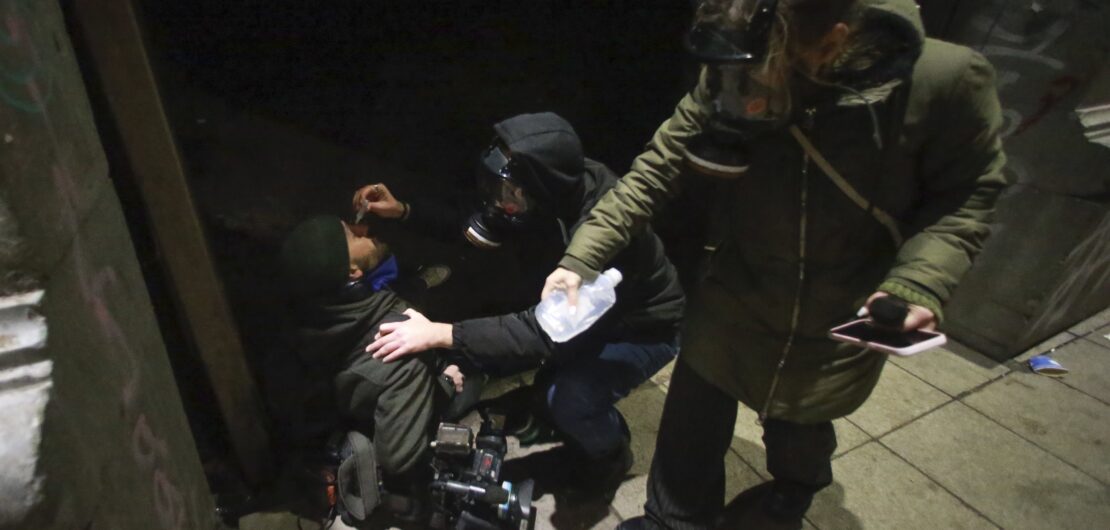 Library
Library
Georgia: Press freedom partners condemn assault on journalists during…
Georgia: Press freedom partners condemn assault on journalists during demonstrations in Tbilisi
The undersigned press freedom, freedom of expression and journalists organizations strongly condemn what appears to be a targeted, deliberate attack on journalists by state security forces during pro-EU protests triggered by Prime Minister Irakli Kobakhidze’s announcement that Georgia would halt its EU membership negotiations until the end of 2028. Violence against journalists is unacceptable. Georgian authorities have an obligation to ensure a safe and enabling environment for members of the press. We call on Georgian authorities to immediately cease the ongoing assault on independent and critical media.
We stand in full support of the brave journalists of Georgia who keep doing their essential work of informing the public despite the increasingly hostile and dangerous environment for the media.
According to Mapping Media Freedom monitoring platform, at least 50 media workers experienced physical attacks, verbal abuse or obstruction as police violently dispersed the pro-EU demonstrations. Most of the injured journalists were employed by independent and government-critical outlets based in Tbilisi. This brutal crackdown on the media in Georgia is not an isolated episode but is part of a disturbing pattern of targeted violence and impunity for crimes against journalists, including those committed during protests earlier this year against the restrictive law on “Transparency of Foreign Influence”.
Among the injured journalists, Aleksandre Keshelashvili of the independent news outlet Publika.ge was severely beaten and detained while covering the protests. He suffered a broken nose, had his cameras confiscated, and required hospitalization before being released. Later, the police also physically assaulted Ana Mskhaladze of Publika.ge, striking her on the head and allegedly confiscating her phone.
Guram Rogava of Formula TV was brutally assaulted by riot police, as shown in footage from Radio Tavisupleba and Formula TV, which documented the riot police officer striking him. He sustained serious injuries and was hospitalized. Beka Beradze, producer of Radio Tavisupleba, was beaten and detained. Investigative reporter Mariam Gaprindashvili of TV Pirveli suffered a head injury and breathing difficulties after being assaulted, temporarily losing consciousness and requiring 24-hour hospitalization.
Other journalists and camera operators from media outlets including Netgazeti.ge, OC Media, Mtavari Arkhi, JAMNews, and others were also targeted. The list of journalists targeted also includes camera operator Davit Bejanishvili from the Georgian Public Broadcaster, who was injured by special forces. These incidents underscore the increasingly dangerous environment for journalists in Georgia.
Despite repeated appeals to the Special Investigation Service, crimes against journalists remain largely uninvestigated, perpetuating a culture of impunity. Dozens of journalists have faced verbal and physical assaults or detention in recent months.
The international community must demand that the Georgian government ends its crackdown on the press and upholds its commitments to democratic freedoms and freedom of expression. We once again express our full solidarity with the courageous journalists of Georgia.
This statement was coordinated by the Media Freedom Rapid Response (MFRR), a Europe-wide mechanism which tracks, monitors and responds to violations of press and media freedom in EU Member States, Candidate Countries and Ukraine.

